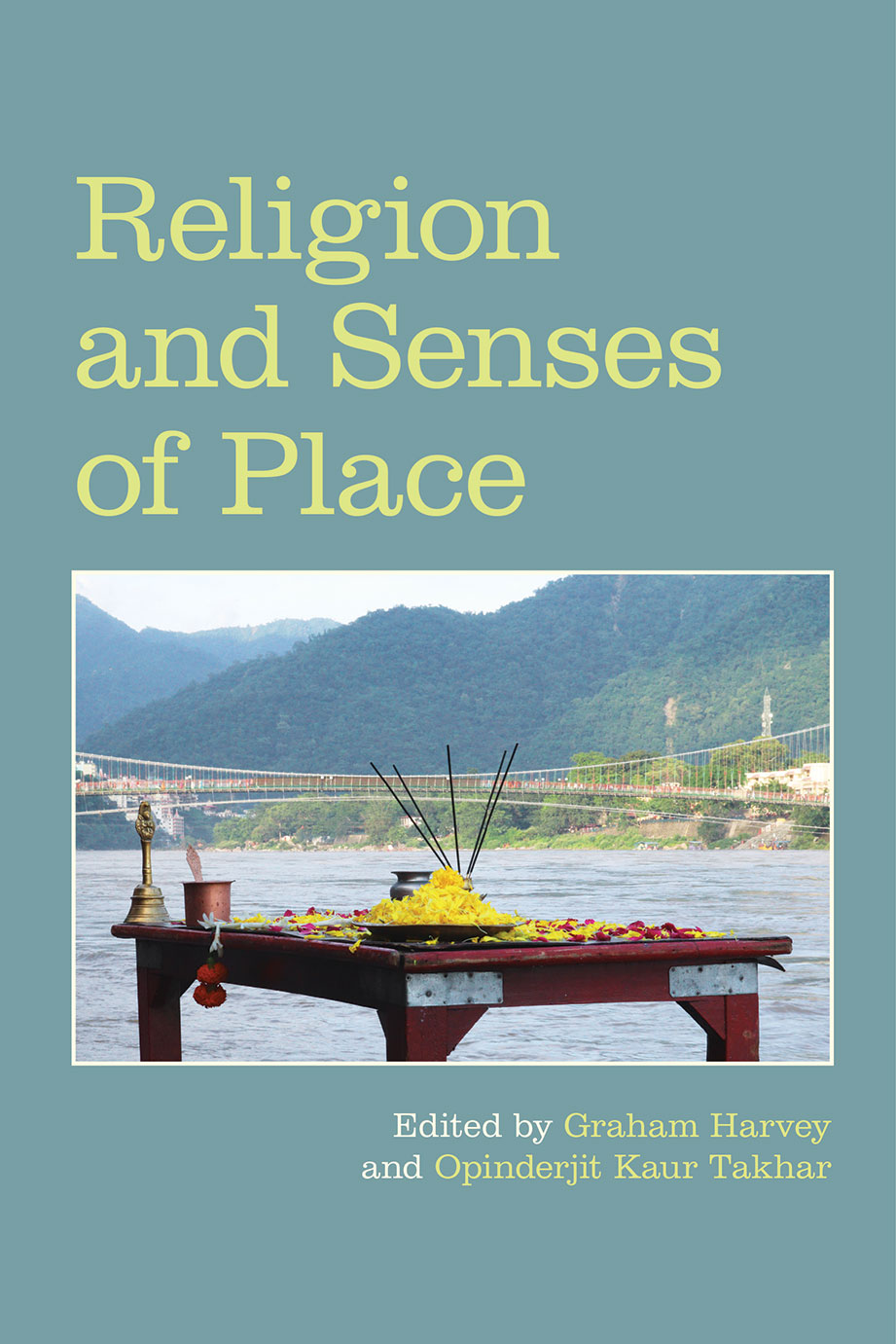Indigenous American Quadripartitioned Sense of Place
Religion and Senses of Place - Graham Harvey
Miguel Astor-Aguilera [+]
Arizona State University
Description
Applying core indigenous understandings to sense of place can better our comprehension of native cosmologies and worldviews. Indigenous American quadripartite imagery, from north to south, represents a sense of relational being within space. From a reliance on the sun and directional weather patterns affecting the growth of plants for food, and the animals that feed on them, emerges a web of ideas coalescing into understandings regarding the world and our place within it. This chapter focuses on Mesoamerican perceptions of the environment as experiential and relational. Earth, within these worldviews, is not divided into discrete realms of sky, earthly plane, and underworld but encompassed as one with which one shares corporeal being. Mesoamerican cosmologies concern a social way of life revolving around self, personhood, and sense of place that relate to both the visible and invisible. Mesoamerican place making is conditioned by the quadripartitioning of space through performance rituals focused on the bodily senses of sight, smell, hearing, and touch that create material topographical embodiments. Place-within-space here is linked to the living ancestors as well as socially created kin-like relations with what Westerners typically divide into the natural and supernatural. Mesoamerican cosmologies are not anchored on faith-based beliefs but on practical actions that affect the self, one’s immediate and extended lineage, and social community. Place making here, then, is embedded within meaningful spaces that stir emotions and not based on a binary separation of the objective and subjective but an intersubjective experience composed of connection and interaction.






